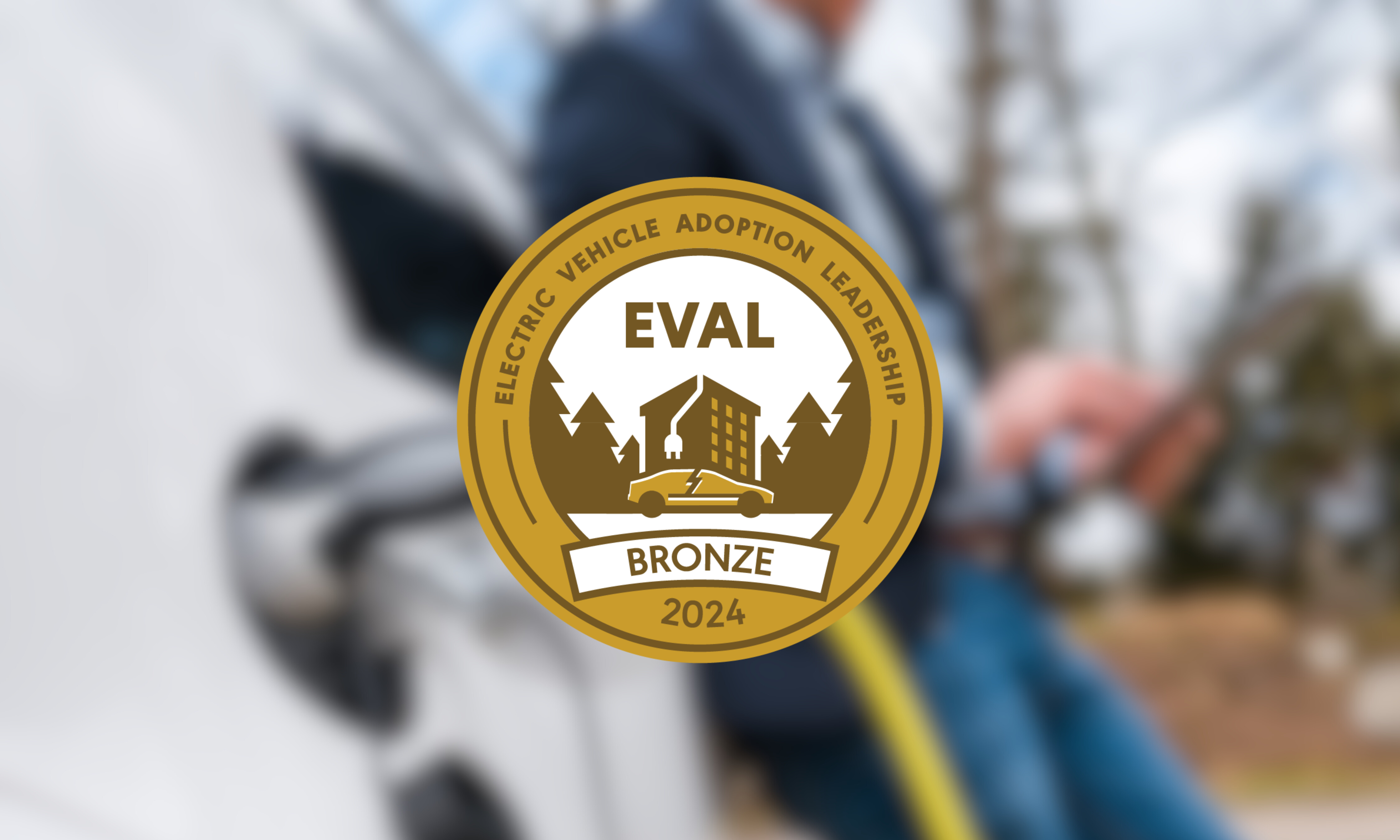All of us at Plug In America hope that you and your families are remaining safe and healthy during this difficult time. As the number of cases of COVID-19 continues to grow, we urge you to follow the CDC’s guidance to wash your hands frequently, avoid close contact with others, and stay home as much as possible.
While COVID-19’s devastating effects on people’s health and lives is of paramount concern, it is also having effects on the economy and the electric vehicle movement.
The federal government recently passed a $2 trillion stimulus bill to assist the economy. We know EVs are good for our national economy, creating domestic jobs in manufacturing, energy, and other sectors. As Congress considers the next round of economic stimulus packages to get our country back on track, it’s important to consider the future of transportation. We encourage members of Congress to include the Driving America Forward Act (S. 1094 and H.R. 2256), which would expand the federal EV tax credit, in any economic stimulus package.
As the economy has slowed and non-essential businesses have closed, some EV manufacturers, including Tesla and GM, have shifted their production to build much-needed ventilators to assist the thousands of people who are in hospitals right now with COVID-19. Additionally, Elon Musk has purchased 1,255 ventilators from China and has delivered those to California officials.
The economic slowdown is also affecting all vehicle sales, including EVs. Due to “stay at home” orders, many dealerships currently cannot conduct vehicle sales in person, although some are experimenting with ways to sell vehicles online or without personal contact. We hope that they will soon be able to re-open and that EV sales will grow in the coming months. Additionally, some automakers are currently offering 90-day deferred payments or other incentives to bolster car sales.
Likewise, many auto finance companies and utilities are making flexible payment arrangements for those whose jobs and income have been affected by COVID-19. Check with your providers for details.
As more people are staying home, many EVs are remaining garaged for longer than normal. If you’re not currently driving your vehicle on a regular basis, we recommend keeping your battery at approximately 80% capacity, monitor this regularly, and recharge as necessary or simply keep it plugged in if you can set your car to stop charging at 80% capacity. Some EVs may utilize small amounts of power for battery heating or cooling, even when not being driven.
One small silver lining of having fewer vehicles on the road is that air quality, in many cities, is much better than usual. This is further evidence that gasoline-powered vehicles are a major contributor to pollution and the only long-term solution is to switch to clean electric vehicles.

